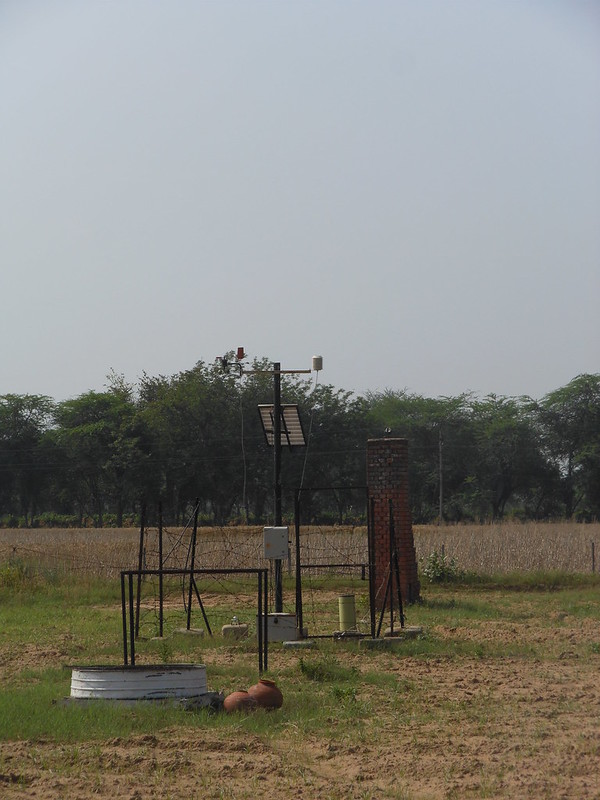Resource information
Indigenous knowledge of local environments is crucial for developing innovative and contextual climate change adaptation strategies. Although the significance of community-led efforts based on this knowledge has been well acknowledged, they have not been effectively incorporated into mainstream development processes. The mountainous region of Ladakh presents a novel case of water storage in the form of ice reservoirs as an adaptive strategy against intensified water scarcity. This study aims to assess community-based innovations in climate change adaptation strategies and find solutions for their effective integration. This study theorizes a framework for Social Innovation in Climate Change Adaptation (SICCA) for a structured analysis of the situation in Ladakh. This research was conducted through interviews, surveys, Geographic Information System-based mapping, and field observations to analyze the use of ice reservoirs as a solution to water scarcity issues. The results demonstrate the wide recognition of these techniques’ effectiveness and the role of the community in the planning, execution, and operation of the initiatives. The findings highlight the challenges in their scaling up and diffusion. The research emphasizes the need to recognize and value community-based adaptation strategies to address the challenges posed by climate change. It offers recommendations for integrating them into the mainstream development process, and the framework serves as a significant outcome to guide policymakers and civil society actors for practical implementation.

